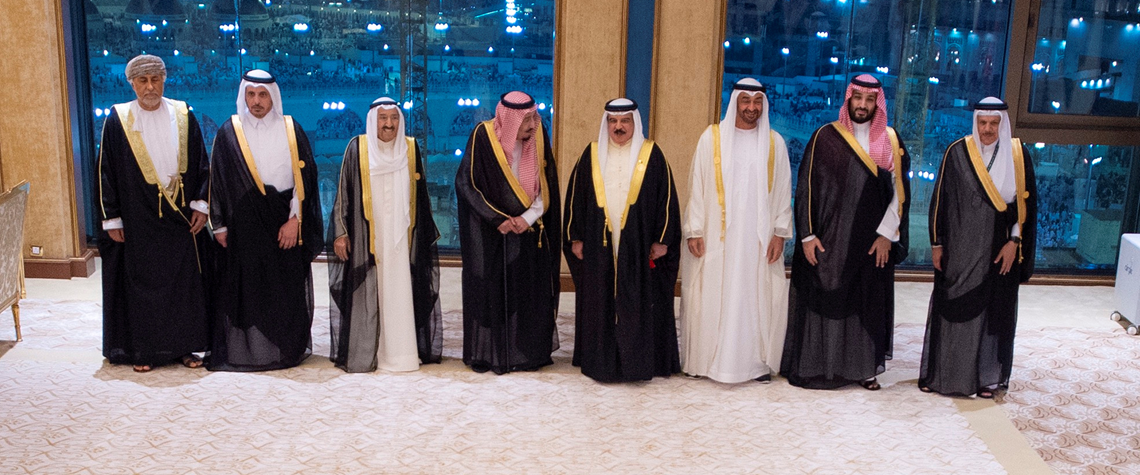Gulf states frozen in the headlights
Beset by intra-GCC tension, Gulf states are dithering in the face of the Iran crisis
The fear engendered in Saudi Arabia by the September attacks on its oil facilities at Abqaiq and Khurais is shared by the other five members of the Gulf Cooperation Council (GCC): Bahrain, Kuwait, Oman, Qatar and the United Arab Emirates (UAE). Vital installations within their own borders are now as potentially vulnerable as those in Saudi Arabia. But the GCC is not in sufficiently robust shape to face up to the threats collectively. The GCC, in its 1981 founding charter, made no reference to defence cooperation. But three years later, Gulf leaders approved the creation of a joint military unit, the Peninsula Shield Force. One of its duties is to respond to military aggression against a GCC

Also in this section
26 February 2026
OPEC, upstream investors and refiners all face strategic shifts now the Asian behemoth is no longer the main engine of global oil demand growth
25 February 2026
Tech giants rather than oil majors could soon upend hydrocarbon markets, starting with North America
25 February 2026
Capex is concentrated in gas processing and LNG in the US, while in Canada the reverse is true
25 February 2026
The surge in demand for fuel and petrochemical products in Asia has led to significant expansion in refining and petrochemicals capacities, with India and China leading the way







